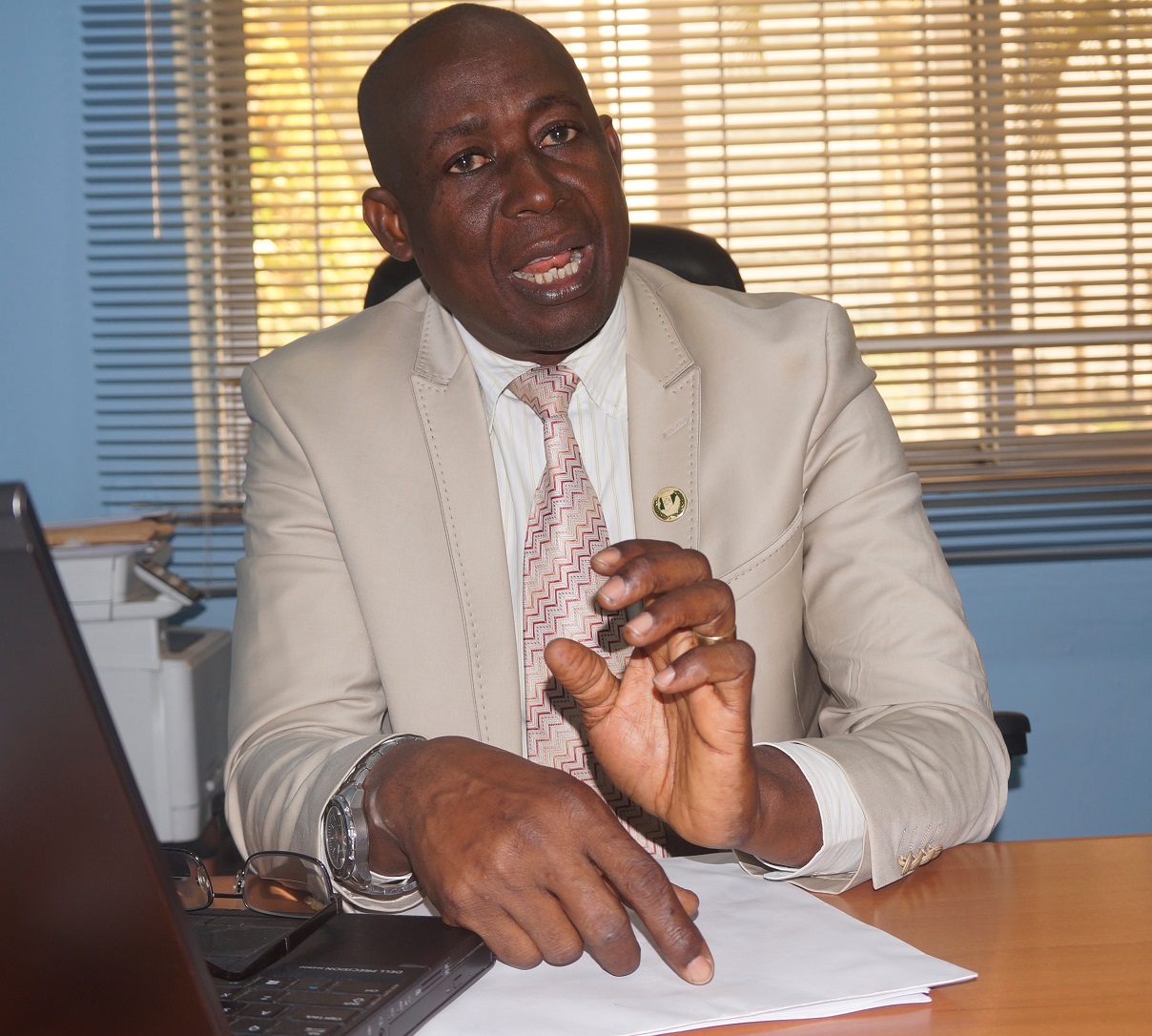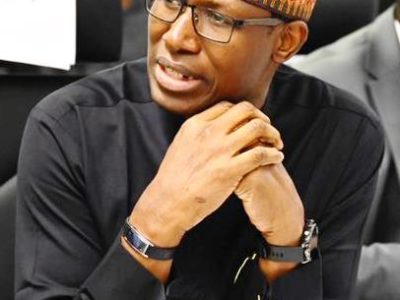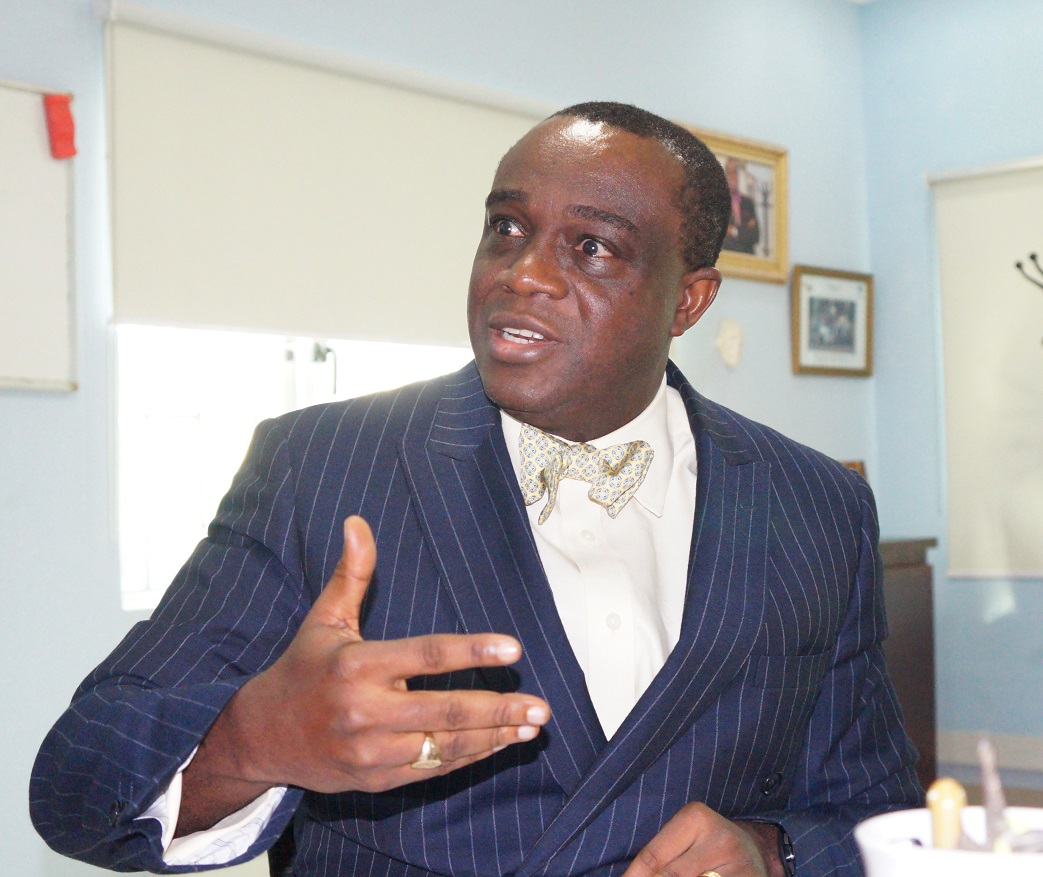In this interview, Mr. Patrick Ede, Director of Operations, PPC Integrated Systems (formerly Philips Projects Centre, an affiliate of Philips Electronics N.V. of the Netherlands) which began operations in Nigeria in 1991 X-rayed the issues facing the telecom and power sectors. Broadband, steady power supply need right policy and infrastructure support. Both government and stakeholders need a genuine approach to collaborating to drive right policies and investments to improve these sectors and grow the economy. Ede shares insights on the challenges and how solutions may be harvested. He shares with IT Edge News, Oluwatobi Opusunju and Chinedu James in Lagos.
What informed the change of name or transformation from Philips Projects Centre to simply PPC – and did anything change in terms of your corporate strategic focus?
Some years back, the business outlook of Philips changed; they were diverting their interest from key areas like communications to focus on medicals and domestics. Although in a way, till today we are still Philips; we still deal in Philip’s products especially in the medical division. But during the diversification we moved away in order to make it easy for us. So that is why the name changed from Philips Project Centre to PPC Systems Integrator. Today, we provide customers with package solutions that meet the needs of the customers’ requirements which became our area of focus; we do integrated solutions, design, and provide turnkey solutions and services to customers. What we do in this respect is that, if you want to buy a network or build a network center, we sit with you and design it from cradle, decide all what you need and set up everything you want to meet your requirements. And then of course, we also give service supports both design and implementation supports that can be provided over a period of one year or more depending on what you require. We provide scalable solutions because we know in 10 years’ time you might need to redesign and all that. So that’s what PPC does today which is the offshoot of the diversion from Philips.
“ Role of the government in accelerating broadband penetration in the country is pivotal and cannot be downplayed. Government must be willing to support and provide infrastructural development which is the hallmark of any development.”
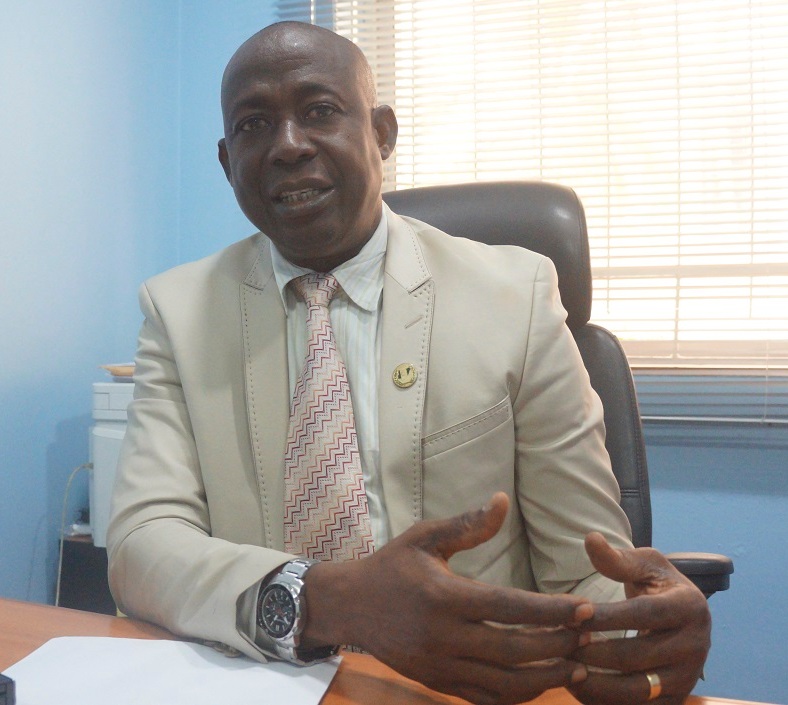

However, we still do Philips medicals fully, so it’s not like we completely detached from Philips. If you look at our badge, you will notice that we still maintain the Philips logo in our system. So that’s one aspect and today we have recreated ourselves in the ICT which was the core when we started, we are also into the power and energy and of course the medicals; we offer turnkey solutions for medicals. Also, we have the Building Engineering Division that provides services for hospitality which brings about the installation of mechanical and ICT solutions in places like hotels; we call that division Building Engineering Services and we are also into the transport sector, for example we are working with the rail project at the moment.
“PPC as a company was a pioneer in the telecoms sector, we changed the narratives of how people communicate even before the license came about around 1994/96.”
You will see that we have moved incrementally if you look at us from the beginning when we were originally providing ICTs: implementation and control for oil and gas. However, ICT is still our field but now, we provide turnkey engineering solutions across major sectors. We deliver solutions across five sectors, but we are very strong in four because we are still building the plans for the transportation industry. Today, we have offices in Lagos, Abuja, Rivers and Delta state.
By your company’s profile, PPC has over 20 years track record in delivering turnkey engineering solutions across five business sectors – Telecommunications, Energy, Health, Transport and Building Management Systems, would you say growth in these five sectors have evolved encouragingly particularly in the telecommunications sector?
For me, it has evolved. Many years ago, when PPC as a company was a pioneer in the telecoms sector, we changed the narratives of how people communicates even before the license came about around 1994/96 because for you to have a phone then was difficult and very few people had a telephone. But looking at the sector today, it has evolved significantly compared to then when you can’t do what you are doing today with your smartphone. So the growth has been rapid and it’s everywhere. Today you can buy goods and provide services online because of connectivity which could not be done some years back.
“Positive regulations around the sector can drive the sector upward but a negative policy will stall development and kill the existing ones.”
But of course, there is room for improvement because as you move away from the main cities to the rural communities, you will discover that there is need for development in those areas. So, now we need to take broadband to those in the rural communities because there are some people that would only prefer to stay there rather than come to the city and be more productive when they have power and connectivity. So for me, it has evolved but its better when everybody is satisfied.
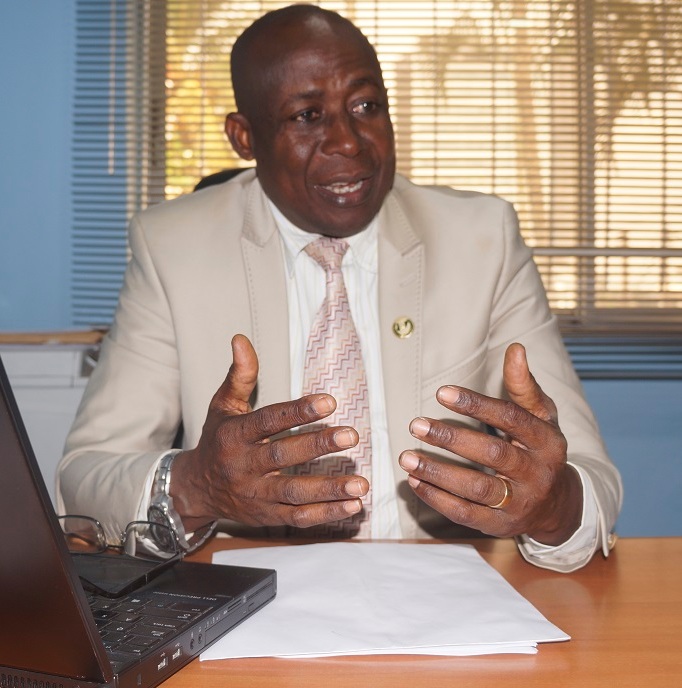

Considering the challenges that the service providers and other players are facing including erratic power supply, multiple tax, heavy dependence on equipment import, and even importation of high skill personnel, don’t you think the success of the industry is over-hyped and that the real BIG issues in the sector have not been addressed?
The bottom line is that the users pay more than what they’re supposed to be paying because of the challenges. If you look at a typical barber, his price is always different when there is power compared to when there’s no power because he has to rely on the power generating set. So, in this vein, the subscribers are on the receiving end; paying for what they are given today. What I mean is that, if one is making a call today, one is probably paying more than he/ she is meant to as a result of over taxation, erratic power supply and all these other challenges. And of course, power for me is a major issue as well as right of way (RoW) which is at the moment being discussed at several fora on what the government could do to help network providers while a strong broadband policy is also being developed as well. So I am sure something is in the works to bring an end to the challenges but also the sector has witnessed some laudable achievements.
When you consider all these challenges, do you see favorable or positive growth for the sector in the next five years?
Five years is too long a time to rate growth, growth is rapid now. At the moment there are some transformations going on and if you look at what is going to happen in the next three to four years, you will see that some guys in Nigeria are already offering some great solutions. For example, when they did the first biometric election or e-voting it wasn’t fine and maybe in the next years to come what we will be doing is full biometrics different from what we are used to at the moment. We can recreate those things and redefine them and that’s what Nigeria can actually do and make those biometrics very functional and work.
“We as a country have to be genuinely interested in making things work. You read stories of how many billions of dollars have been invested in the power sector and you see nothing.
How can government further help the sector – What is required in terms of policy and laws to further help the sector?
I know there are a lot of discussions on a lot of issues in the sector like the broadband policy. However, if you have government supports in terms of reduced loan access, especially using its control of the banking sector. You will find out that if one wants to do some things, he/ she would probably take some loans of about 30 percent and be discouraged because the loan giver will be chasing one to pay. So if government can help to reduce the high rate of percentage paid on loans it will help the sector. 30 percent interest on loan for business is high and does not help the business. Also, government needs to reduce the duties paid on telecoms equipment. While we are still not producing most of these things, government through regulations can change these narratives.
“Issues like RoW, over taxation and other challenges going on in the sector will only drive investors out.”
Positive regulations around the sector can drive the sector upward but a negative policy will stall development and kill the existing ones. So the Government must ensure to drive the right policy where an enabling environment for operators and stakeholders are ensured. For example, issues like Right of Way (RoW) and over taxation doesn’t help to create the right environment. So the government needs to put out the right policies and not just policies but have the political will power to drive them or implement them. Because what’s a policy if it cannot be implemented? So the government must ensure this level playing ground for existing and prospective players.
The government also needs to engage stakeholders and expert to determine what and what can be done or leverage on to grow the sector. I know this is happening already but the government needs to do more.
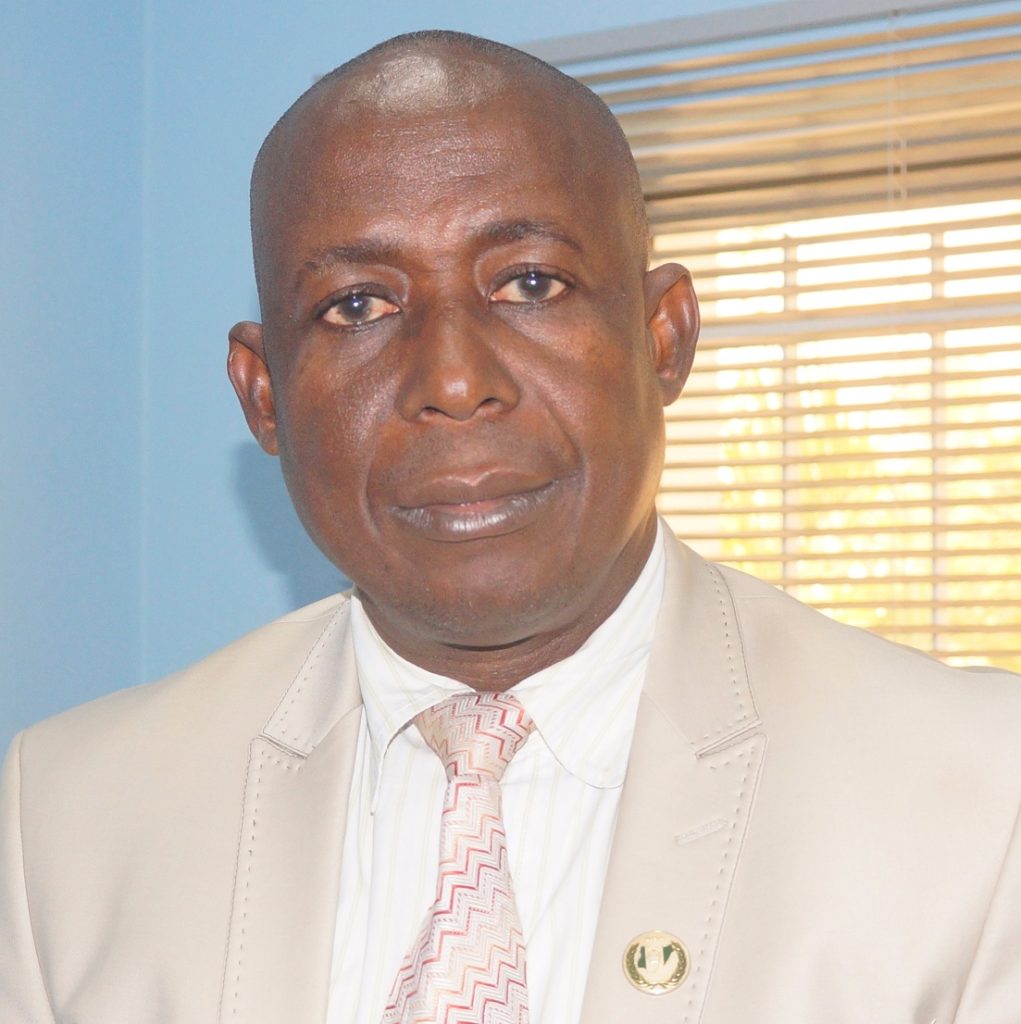

As an expert across sectors considering PPC’s strength in the market, why are we still in darkness? Is there a solution and a fast way to ending Nigeria’s power plight?
Simply, we as a country have to be genuinely interested in making things work. You read stories of how many billions of dollars have been invested in the power sector and you see nothing. I know there were some efforts by the last administrations to generate enough power, but the truth, however, is that the drive is not there and we still need to do so much and be serious about it. If you look at what happened in the telecoms sector, we were deliberate about it and made it happen, and that’s why you see people dealing in all kinds of telecoms services today. Today we have distribution companies that are distributing nothing, still they come with bills but do not give you meters. Because if they give you meters you will be able to determine how much of power you have consumed, so that brings a lot of huge confusion. The generation is poor, today we hear power generation is high, and tomorrow it’s low and you have darkness all over. This is a sector that if the right policies are put in place and the interference of the government is limited, we could have some investors invest huge sum in the sector and sign some trusted PPP. Two years ago, we talked about massive solar power generation, licenses and then it went down. So what happened? By now there should be power everywhere because in 2016 about 14 licenses were giving out, but till now nothing to show for it; which could be as a result lack of enabling environment and the right regulations. Government regulations are capable of influencing growth in all the sectors if the regulations are positively progressive. Whether, the14 licenses have been given the right agreement is unknown, because without the right agreement from the government, evacuation of the power being generated cannot take place. So the government must not just be a talker, but a doer in bringing about the right policies and regulations, and have them implemented
“For broadband penetration uptake, there is need to have a level playing ground for existing players and prospective investors. For example, there are enough terabyte at the seashores but cannot be distributed across the country due to issues facing last mile infrastructure.”
Also, the government must sit down and discuss with some key stakeholders on how to move the sector forward; just like how it was done in the telecoms sector even before licenses were given out and not just all these things we read in the paper. You see, today the telecoms sector have grown in leaps and bounds because of these stakeholders’ fora and conferences we had back then. This happened because the people involved in the fora were not biased in any form or were selfish, but were objective and wanted the growth of the sector which is not yet the case with the power sector where someone can just wake up and hear there’s no power in his hometown and because he has the power, he starts the mobilization for power to be restored whereas the country is in darkness. We have hydro; there’s water everywhere and we can even do a mix of hydro, solar and pure gas stations to make power work. But, today people say we are going renewable when we have not leveraged on the ones we have on ground and can easily do ourselves to work. Even the generating stations we have are not properly fashioned out because there are no infrastructures. So with the right policies and all hands on deck, I think we can leapfrog.
How can we drive broadband penetration up beyond the 23% level we have currently achieved?
The role of the government in accelerating broadband penetration in the country is pivotal and cannot be downplayed. Government must be willing to support and provide infrastructural development which is the hallmark of any development. They must also make sure that policies in this regard are not detrimental to the growth of the industry.
Government also need to provide an enabling environment for companies in this regard as this would also attract foreign investors to further deepen penetration. Issues like RoW, over taxation and other challenges going on in the sector will only drive investors out. You see, foreign investors are watching, they wouldn’t want to enter into unproductive and growth threatening grounds. So they just stay on the side line waiting for the light to be green because they would not come in when it’s red or in between red and green. So, for broadband penetration uptake, there is need to have a level playing ground for existing players and prospective investors. For example, there are enough terabyte at the seashores but cannot be distributed across the country due to issues facing last mile infrastructure. So in my view, an enabling environment will bring about the needed growth in terms of broadband penetration.
As a senior executive, what’s your advice for young people finding their way in the ICT sector – is there a future in the industry for them?
Yes definitely, there is a future for them. Technology is advancing and new jobs are being created every day. The place we are now is not where we used to be some five or ten years ago. I remember when it was only NITEL with just only about 1000 connected lines but today we have millions of connected lines. So there is a future for would-be entrepreneurs in the sector.
My candid advice to the young ones who would want to venture into the industry is to have an important virtue: patience; this is key for growth. Young ones of today are not patience to learn and grow, they want it the fast way. But on the long run, that will fail.
First, you must learn and be willing to relearn then you look out for fields that have not been ventured into; look out for the problems then be creative enough to proffer solutions.


